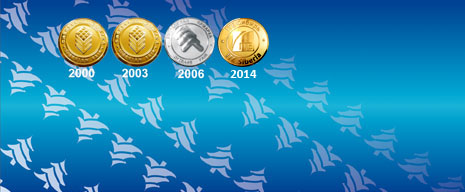 |
 |
Modeling of Development of Natural Scientific | Competence of Trainees Based on Intellectual and Cognitive Communication
The relevance of the development of the system of natural science education is recognized by all countries, the leaders of the world economy. In order to ensure high rates of socio-economic development, the state needs to conduct basic natural science research as the basis for scientific and technological progress. Accordingly, society needs specialists with a high level of development of natural science competence. International research in the field of natural science education regularly points to the problem associated with the low level of formation of natural science competencies among middle-level schoolchildren in Russia. It is necessary to search for new forms of interaction in the educational process, both among students and students with teachers, which will provide an opportunity to more effectively develop various competencies, including natural science, which is the purpose of this study. During the study, we solved a number of problems: we critically analyzed psychological, pedagogical and methodological literature on the issues of communication of schoolchildren, the peculiarities of the thinking of the modern generation of students, the problems of forming key competencies in modern realities; developed a system of tasks and a model for organizing intellectual and cognitive communication aimed at developing natural scientific competence at the stage of pre-professional training. The article describes the author's idea of the concepts of "natural science competence" and "intellectual and cognitive communication" in the context of schooling. The model of building intelligent-cognitive communication includes stepby- step passage of stages of interaction between students, as well as students and information space. An example of functioning of the described model is given when organizing training and out-of-hours activities of students during a special task aimed at developing natural science competence. In conclusion, the authors emphasize that when organizing intellectual and cognitive communication using a virtual environment, it is advisable to adhere to the described model, taking into account the characteristics of modern schoolchildren. The perspective of the study is to establish a correlation between the application of the described model and the success of the process of developing natural science competence at the stage of specialized education in high school. Keywords: universal competence; information space; stages of interaction; task system; information model; subjectsubject interaction; organizational and didactic conditions.
Сайт поддерживается в Новосибирском институте повышения квалификации и переподготовки работников образования и является участником Новосибирской открытой образовательной сети